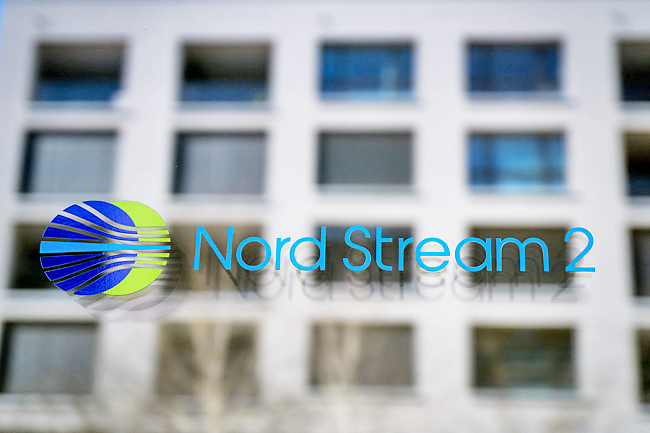ZURICH (AFP) – Switzerland’s newly adopted tough stance on Russia has forced the Swiss economy to readjust to sanctions, blowing a wind of panic through the raw materials market in particular.
Switzerland announced last Monday it would follow the sanctions being imposed by the European Union (EU), abandoning Bern’s traditional reserve by ordering the immediate freezing of assets belonging to Russian companies and individuals appearing on the EU blacklist.
And it went further on Friday, adopting even stricter EU sanctions applied in response to Moscow’s February 24 full-scale invasion of Ukraine. Exporting goods that could enhance Russia’s military capabilities is prohibited, as is the exportation of certain goods and services in the oil sector, and aviation technology.
“The implementation of these sanctions is compatible with Switzerland’s neutrality,” the government insisted in a statement. The wealthy Alpine nation’s businesses are complying with the sanctions but have also stressed that Russian money accounts for only a fraction of their turnover, in an attempt to reassure investors.
The airline Swiss, a subsidiary of Germany’s Lufthansa, has suspended its flights to Moscow and Saint Petersburg. Luxury group Richemont, which owns jewellery company Cartier, told business press agency AWP on Thursday that it had halted its commercial activities in Russia.

Global container shipping company MSC and freight logistics firm Kuehne+Nagel have stopped taking Russian orders for cargo, except for food, medical and humanitarian goods.
Russia is only Switzerland’s 23rd-biggest trading partner. The Swiss mainly export medicines, medical products, watches and machinery to Russia, while the chief imports are gold, precious metals and aluminium.
In 2021, exports to Russia amounted to CHF3.2 billion (USD3.5 billion), with imports as low as CHF270 million, according to the customs authorities. However, the landlocked state is an important player in raw materials trading. According to figures circulating in the Swiss press, 80 per cent of Russian oil is traded in Switzerland, though Secretary General of the Swiss Trading and Shipping Association Florence Schurch could not confirm the figure.
The exact amount is “being assessed”, she told AFP, nonetheless confirming that the sector weighs heavily in the economy. In employment terms, energy, grains, metals and minerals trading represents some 10,000 direct and 35,000 indirect jobs.
The Swiss-based Nord Stream 2 company has gone under after Germany halted the gas pipeline following Moscow’s invasion of Ukraine. The bankruptcy has caused panic in the sector.
Trading giant Glencore has announced it is reviewing its business in Russia while Trafigura is revisiting its stake in Vostok Oil – Rosneft’s major oil project in Siberia.







